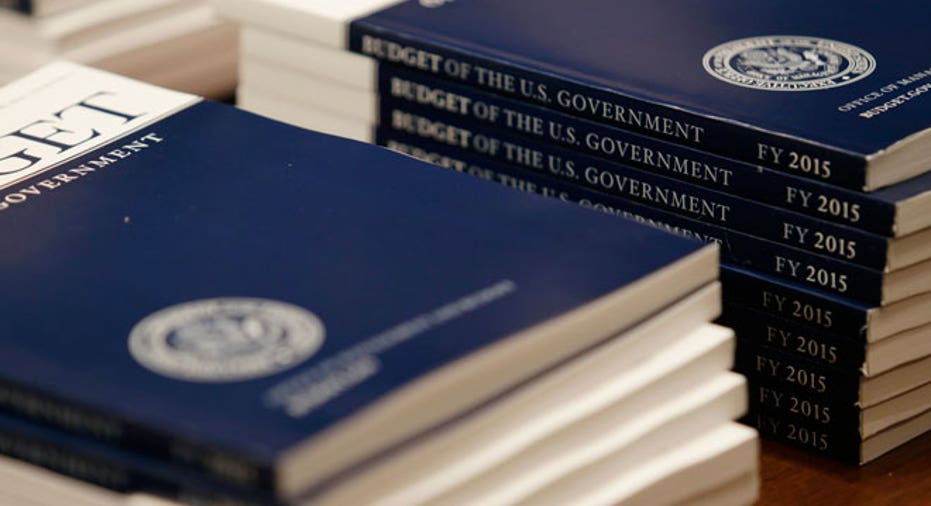President's Budget Plan Claims $15.3T in Savings

President Barack Obama proposed new tax credits and job-training programs for U.S. workers on Tuesday in a 2015 budget that highlights stark differences with Republicans, who favor a reduced government role in promoting economic opportunity.
The election-year blueprint is all but certain to be rejected by the Republican-controlled House of Representatives and stands little chance of passage.
But it sets out the Democratic president's policy priorities ahead of November congressional elections, in which his party hopes to keep control of the U.S. Senate and avoid losing ground in the House.
The blueprint for the 2015 fiscal year that begins on October 1 would increase tax credits for the working poor, boost spending on roads and bridges and expand early-childhood education.
Obama's proposal signals a shift away from last year's emphasis on deficit cutting to a greater focus on fighting poverty, a goal the president is highlighting as he faces less than three years left in office.
The debate over Obama's controversial healthcare reform law is likely to feature prominently in the elections, but poverty reduction and Americans' slow recovery from the 2007-2009 recession are also likely to be major themes.
House Budget Committee Chairman Paul Ryan, a potential Republican presidential contender in 2016, argued in a report on Monday that the government had barely made a dent in combating poverty over the past 50 years despite massive spending.
Obama and Ryan disagree on the role government should play in poverty reduction, but they both back the Earned Income Tax Credit, an anti-poverty measure that is meant to encourage low-income Americans to continue working.
Obama's budget proposes expanding the program to cover some 13.5 million people who do not have children. It would also make the program available to younger workers who are not currently eligible.
"The EITC for families with children lifts millions out of poverty each year and helps about half of all parents at some point in their lives," Obama wrote in his budget document. "But as a number of prominent policymakers, both progressive and conservative, have noted, the EITC does not do enough for single workers who do not have kids."
The expansion, which would cost $60 billion, would be funded by closing loopholes such as the tax break for "carried interest," profits earned by wealthy investors who run private equity and other funds.
Obama has long sought to end that tax break, which allows financiers to treat such income as capital gains, making it subject to a tax rate of only 20 percent, instead of the nearly 40 percent top rate on ordinary income paid by the highest earners.
Representative Dave Camp, the Republican chairman of the powerful House Ways and Means Committee, also proposed last month to "clean up" the carried interest deduction, but tax reform is not expected to get traction in Congress this year.
SAVINGS, NO OLIVE BRANCH
Obama will unveil the document during a visit to a local elementary school, giving him a chance to highlight the proposal's emphasis on boosting funding for education, which has gotten little support from opposition lawmakers.
The White House signaled last month that its new budget would not extend the olive branch to Republicans that was offered in its proposal a year ago.
Obama dropped a suggestion to change how the government calculates inflation for Social Security and other federal benefits that could have led to income drops for older Americans.
The proposed cost-of-living change, which was unpopular with Obama's Democratic allies, was meant to show Republicans the president was serious about deficit reduction. White House officials said Obama abandoned it after Republicans declined to offer concessions of their own.
Overall, Obama's proposed budget for 2015 would spend $3.9 trillion, leading to a $564 billion budget deficit, or 3.1 percent of the nation's gross domestic product. That would be down from a $649 billion deficit, or 3.7 percent of GDP, in fiscal year 2014.



















